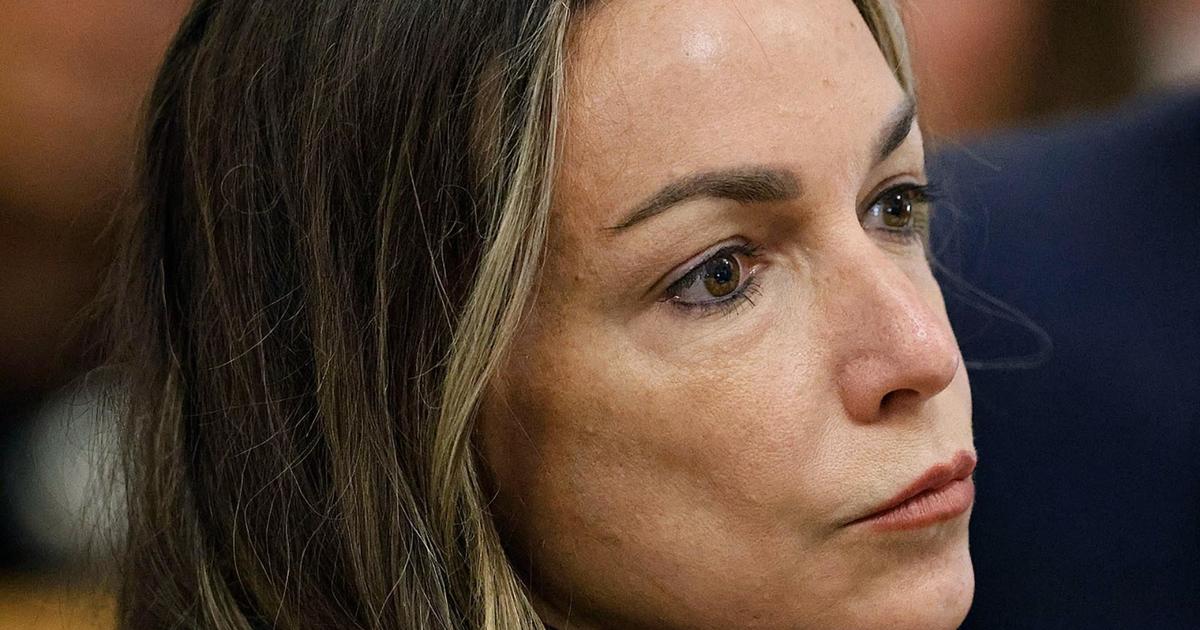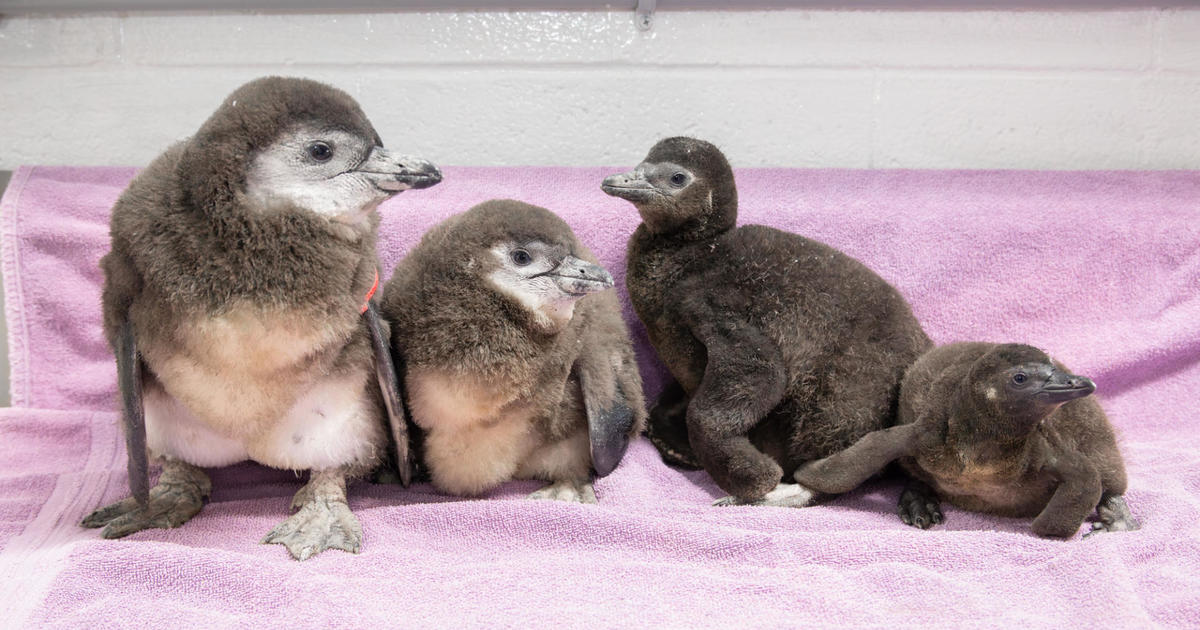Astronauts Hope Future Moon Landing Can Lead To Human Life On Mars
BOSTON (CBS) - In December 2020, Commander Victor Glover and Dr. Kate Rubins were selected to be a part of NASA's "Artemis" team. A group of 18 astronauts, their goal is help pave the way for the next lunar missions, including sending the first woman and next man to walk on the moon in 2024.
A former Navy pilot, Glover has been orbiting space since November 2020. He is the first black American ISS Expedition crew member to live on the International Space Station for an extended stay. Dr. Rubins, a Connecticut native, made her first trip into orbit in 2016, where she became the first person to sequence DNA in space.
While aboard the International Space Station on Thursday, the two astronauts spoke with WBZ-TV's Jacob Wycoff at length about their time in space and about NASA's future plans on the moon.
Both Glover and Rubins are among the pool of people that could be chosen for the first in-person moon mission since December 1972.
Glover said that he hopes a successful moon landing can ultimately lead to the human race being a "two-planet species" in the future on Mars.
"NASA wants to go back to the moon, but to stay. And that's very important so that we have a sustainable presence in lunar orbit. But then it also helps us lay the path to getting onto Mars and becoming a two-planet species. I think the goals that we have on the Artemis program are amazing," said the 44-year-old. "Listen, when humanity accomplishes something amazing, what do we call it? One term is a moonshot. And I think it's our generation's turn to see that in person, to watch our generation accomplish something that great."
On Thursday afternoon, NASA will conduct its second hot fire test of the core stage for the agency's Space Launch System rocket at the Stennis Space Center in Mississippi. If everything goes according to plan, the rockets will be sent to Kennedy Space Center in Florida for the launch of Artemis 1, a crew-less mission around the moon that is slated for November.
These rockets will be integrated with other major elements like the Orion crew capsule, which is the space craft that will eventually bring the next man and the first woman to the moon.
NASA is planning to launch the Artemis 2 mission - which would carry astronauts around the moon - around 2023, followed by a piloted moon landing by the end of 2024.
As one of the few women to make it into space, Dr. Rubins encouraged young women interested in becoming an astronaut to disregard any naysayers.
"My advice to young women who are interested in science and technology is to think about what they are interested in. Figure out what grabs them. What they like to do every day and hold onto that," said 42-year-old Dr. Rubins. "There's a lot of people that are going to say, 'Hey, this is too hard, you shouldn't be doing this.' Maybe give you the feeling, not overtly, but give you the feeling subtly that you do not belong here. I mostly just ignored that. I put my blinders on. I do what I love to do."
NASA has already made headlines when its rover, "Perseverance", successfully landed on Mars this February with technology from the Massachusetts Institute of Technology on board. Rubins and Glover watched from space as the rover finished its 300-million mile journey to Mars.
"Our hearts were in our throats like everybody else watching it live. It was absolutely incredible," Dr. Rubins said about the experience. "You theoretically know you are landing something on Mars, but it is different to see it. It was breathtaking."
While they await the decision as to who will be on the next moon landing mission, they'll continue working and enjoying the view from up above.
"The view [from space] does not ever get old. It is spectacular," said Glover. "The blue ocean, the beautiful colors of the land, the planes, the desert, it is just striking to see it as it is. It is truly a life-changing view."



